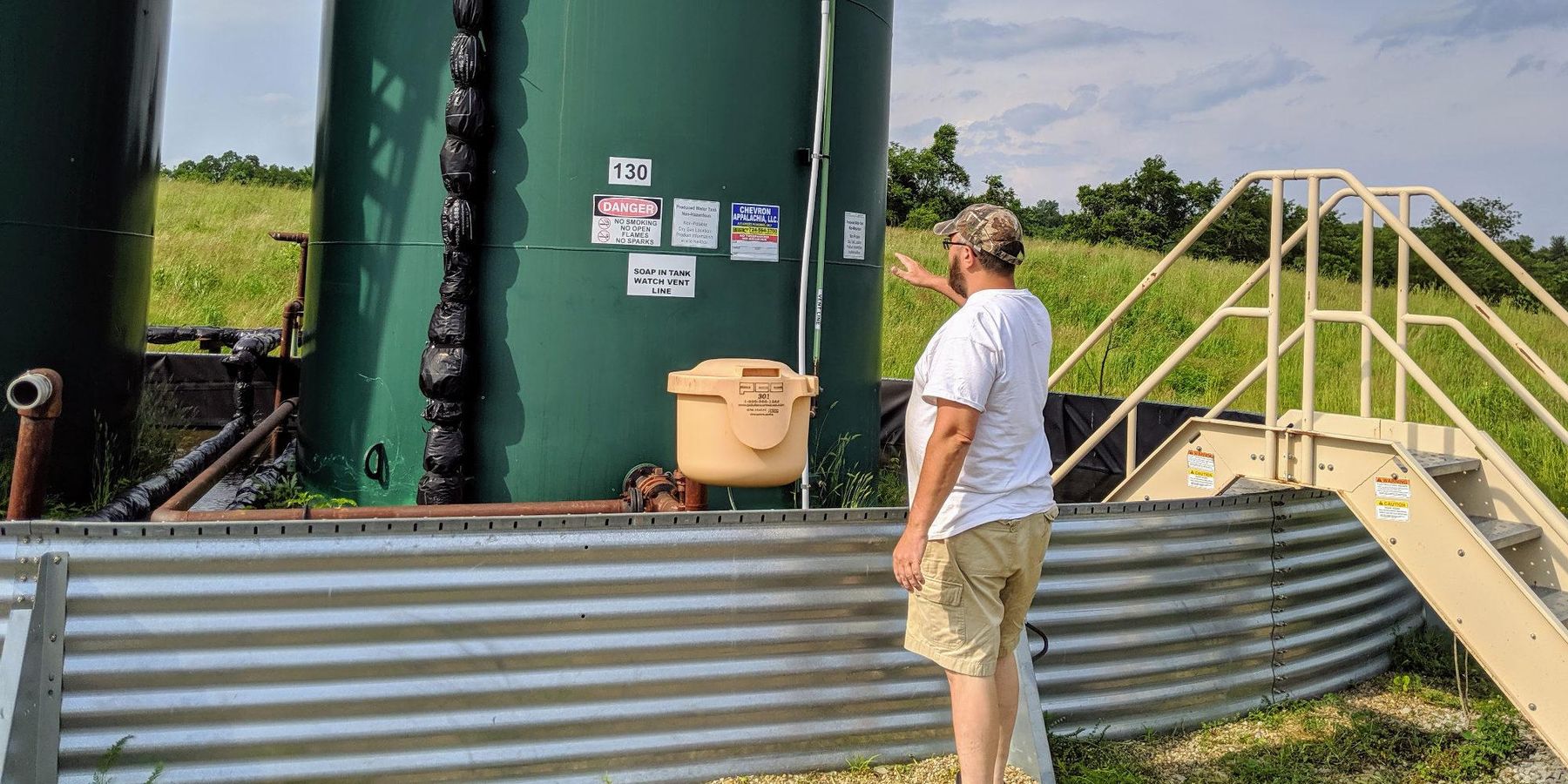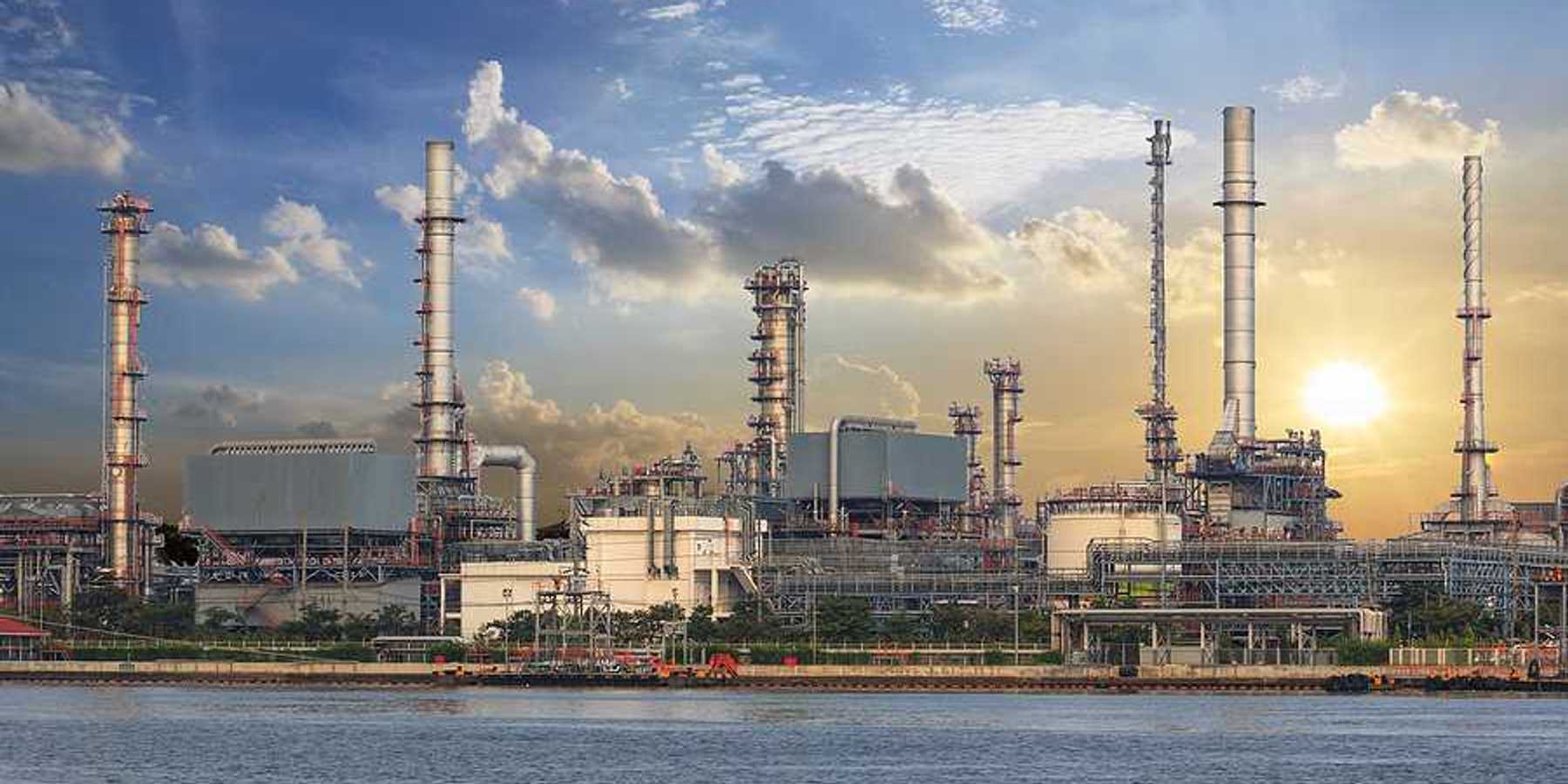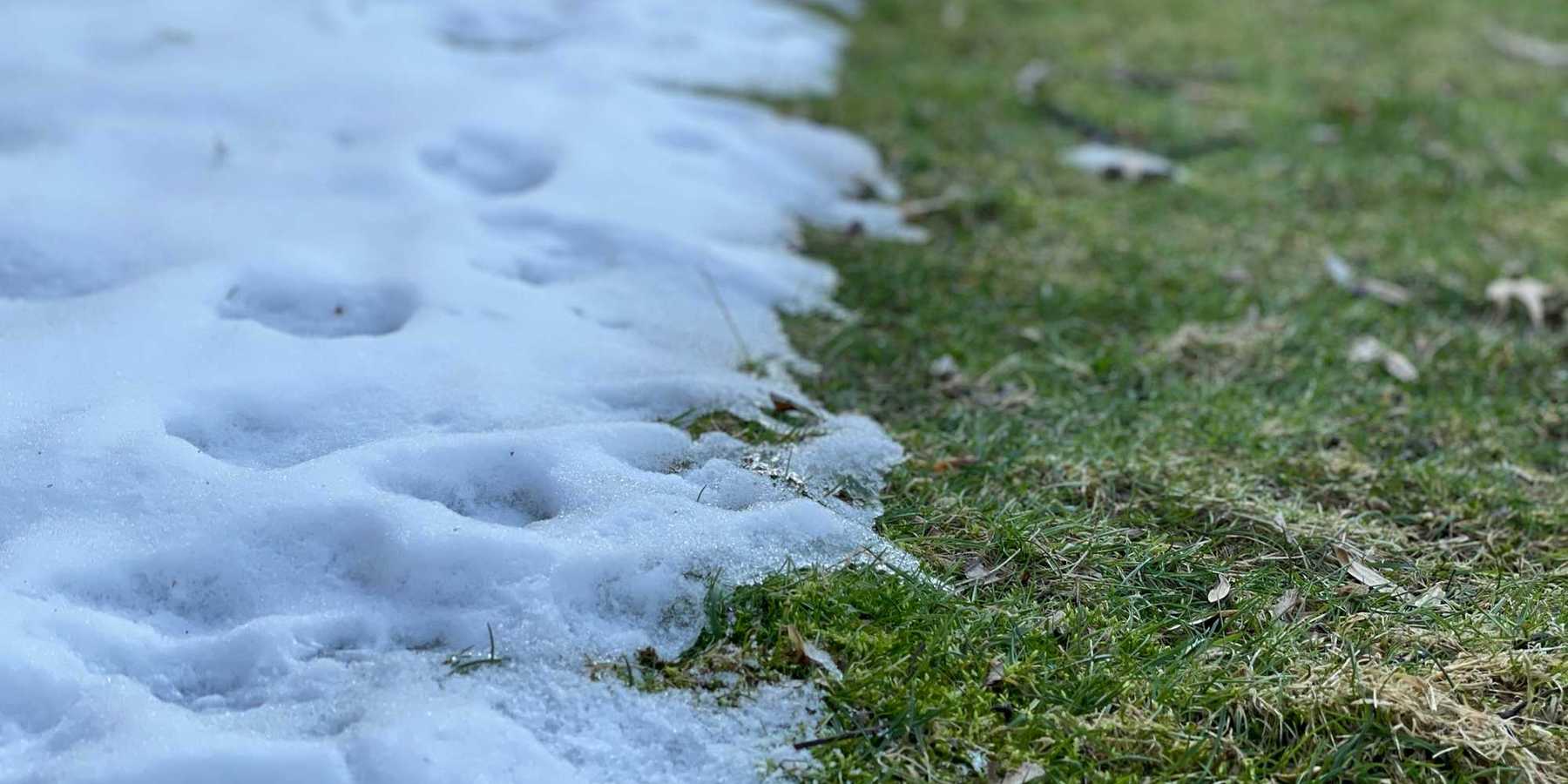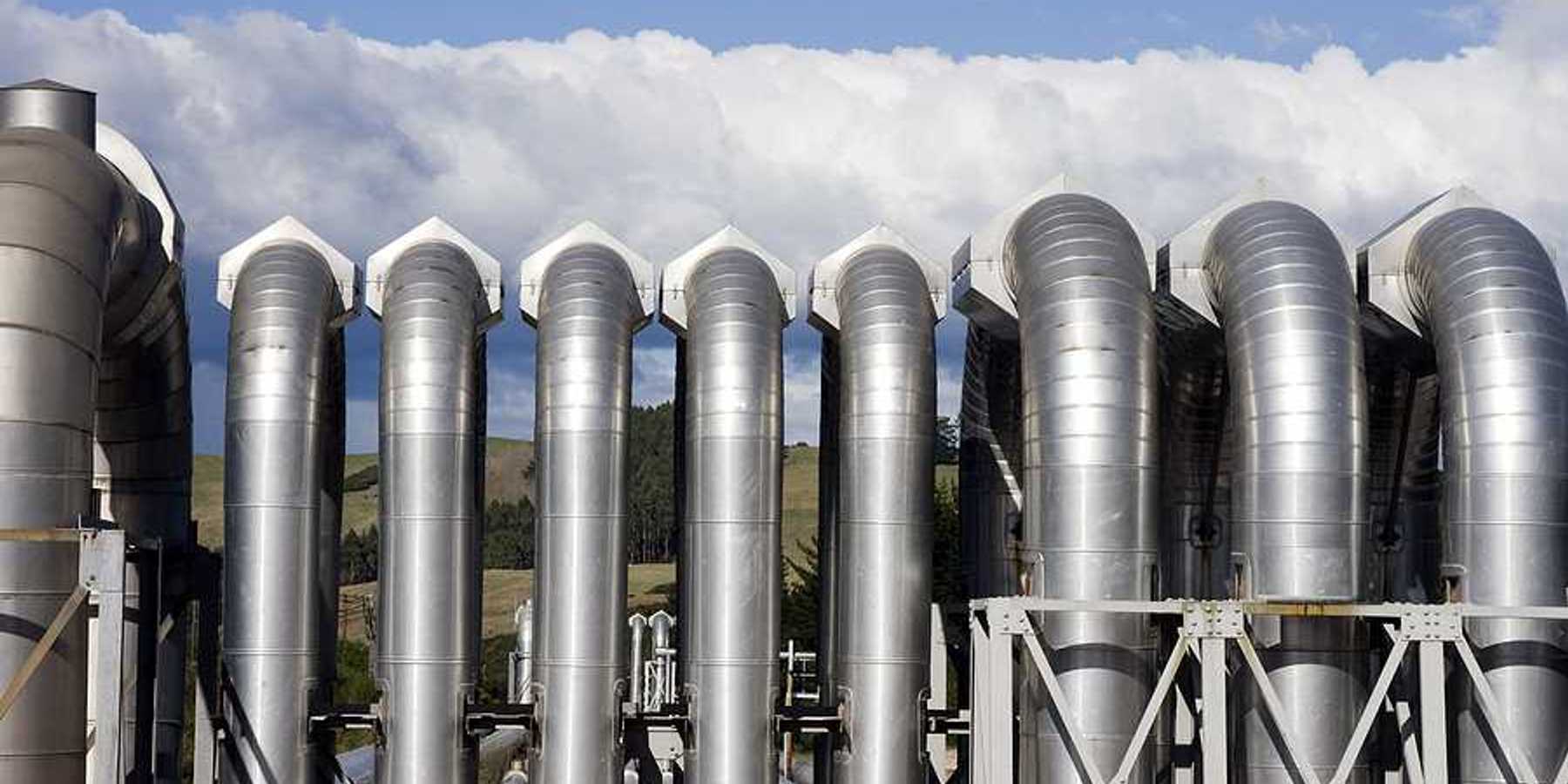
One year after our “Fractured” investigation on fracking: Lots of talk, no action
Despite evidence that children are exposed to harmful toxics at dangerous levels, lawmakers drag their feet on tackling oil and gas pollution.
In March 2021, EHN published Fractured, a groundbreaking investigation on chemical exposures and fracking. One year later, where do things stand when it comes to fracking and health?
Our series found that families with children living near fracking wells in Pennsylvania had high levels of toxic chemicals in their air, water, and bodies. Several children in the study had biomarkers for exposure to cancer-causing chemicals in their bodies at levels that exceed those in the average adult cigarette smoker. The reporting drew local, national, and international media coverage, and prompted action from readers, activists, and legislators.
A group of 35 state lawmakers published a letter urging Pennsylvania Gov. Tom Wolf and the Pennsylvania Department of Health to further investigate chemical exposures among residents of the state who live near fracking operations. Advocacy groups called for additional research using the methodology we developed for the investigation and demanded a statewide fracking ban in response to the series.
In June 2021, Alison Beam, the acting secretary of the state Department of Health sent a letter to the 35 lawmakers who’d called for further investigation. The letter said the agency had reached out to the federal Agency for Toxic and Substances Disease Registry for assistance reviewing the data presented in our reporting, and to discuss the possibility of collaborating on a biomonitoring study similar to the one conducted by EHN. That acting secretary has since moved on to a job in the private sector.
EHN became aware of this letter for the first time recently. We plan to follow up with the new head of the agency.
“I don’t think there was ever any real follow-up there,” state Sen. Katie Muth, who drafted the initial letter along with state Rep. Sarah Innamorato, told EHN. “There’s a lot of convincing that still needs to happen, and people understanding this issue and applying public pressure is going to continue to be really important.”
Despite our investigation providing shocking evidence that children who live near fracking operations are being exposed to harmful chemicals, little has changed in the last year. While some inroads have been made at the federal level to address health concerns related to fracking, legislative attempts at the state level have repeatedly failed. Meanwhile, the ongoing war in Ukraine has prompted calls for even looser regulations and increased production from Pennsylvania’s fracking fields, and residents living near oil and gas operations — including those we tested — remain at risk, with little ability to protect their families.
Federal and state fracking regulations
At the federal level, the Biden administration has taken steps aimed at giving states more power to regulate oil and gas pipelines, canceled the Keystone XL pipeline, halted new oil and gas leases on federal lands, reversed the Trump administration's rollback on methane regulations, and attempted to end some subsidies for fossil fuels (a task that has proven difficult). The Biden administration has also approved many permits for oil and gas wells on public land, frustrating environmentalists.
At the state level, Pennsylvania Democrats have pushed for numerous changes aimed at protecting people who live near well pads, but those efforts have been stymied by a Republican-controlled legislature.
For example, in May 2021, Pennsylvania Senate Democrats, joined by Attorney General Josh Shapiro, put forth numerous bills aimed at tightening oversight of the industry in response to a 2020 Grand Jury report on harms caused by fracking. The legislation would have increased the minimum distance between well pads and occupied buildings, required fracking companies to publicly disclose the chemicals they use, increased air and water monitoring, required hazardous waste labeling for trucks carrying fracking waste, and given more power to the Attorney General to prosecute cases against fracking companies that harm residents.
Read: Fractured—the body burden of living near fracking
All of those bills languished in committee.
State legislation that Muth and Innamorato sponsored, aimed at closing loopholes that allow the oil and gas industry to treat radioactive waste as non-hazardous, met a similar fate.
One reason these bills aren’t getting through: Daryl Metcalf, the majority chair of the Pennsylvania House Environmental Resources and Energy committee. He has publicly bragged about blocking all Democrat-sponsored bills from consideration in his committees.
“We knew being referred to his committee would be a death knell for the [hazardous waste bills],” state Rep. Innamorato told EHN. “We could lobby to re-refer it, but we don’t want to make that effort until we have commitments from other Republicans on other committees to try and move it forward … It’s mostly just a tool to organize around, to create some momentum we can use to move other pieces.”
For example, in July 2021, in response to public pressure around the waste loophole bills, the Wolf administration announced that it would require landfills that accept waste from the oil and gas industry to conduct quarterly testing for radioactivity.
In response to EHN’s investigation, the Wolf administration stated last year that while the administration has taken numerous steps to protect Pennsylvanians from harmful exposures from the oil and gas industry, “more can and should be done.”
“We stand ready to assist the legislature in developing more stringent measures to protect the public, as further regulation of the industry would require approval from the federal government or state legislature,” the statement continued. Muth and Innamorato said those promises have fallen flat.
“There’s no accountability there,” Muth said. “People are being seriously harmed by exposure to fracking chemicals, they don’t have safe drinking water, and meanwhile [Wolf] says he’s at the mercy of the legislature and he’s off the hook … it’s incredibly offensive.”
Ukraine war sparks oil and gas debates
More recently, Pennsylvania Republicans have leveraged Russia’s invasion of Ukraine to propose increasing oil and gas development and decreasing regulations in the name of “energy independence,” drawing sharp criticism from Gov. Wolf, who called exploiting a humanitarian crisis to “line the pockets of the natural industry” deplorable.
After a lull during the pandemic in 2020, natural gas production is back up in the Marcellus Shale region. Among the top five fracking states, Pennsylvania recorded the most growth in natural gas production in 2021, with 518 new wells drilled last year.
Environmental advocates have pointed out that a shift to renewable energy could create more meaningful “energy independence” without harming health or worsening the climate crisis.
These debates mirror national and global conversations about the value of fossil fuel extraction or shifting focus to renewables in the wake of volatile market conditions spurred by Russia’s invasion into Ukraine.
Fracking and health
Pennsylvania residents who live near fracking wells are worried about the impacts the industry has on their health, but they lack political power to do anything about it.
Despite the continued uphill battle, the families featured in Fractured are still using the investigation to advocate for the health of their families and communities and holding out hope for change. All five of the families in our investigation still live in the same homes, surrounded by fracking wells and infrastructure. Some families stepped up their water filtration systems or purchased air filters after our test results came back, hoping to minimize the harmful exposures our investigation documented.
Gillian Graber, whose family participated in the Fractured investigation, serves as executive director of the environmental advocacy group ProtectPT, which has been fighting the development of fracking wells in Penn Trafford township outside of Pittsburgh for the last seven years. That fight is ongoing today.
"I really hope that more lawmakers will see Fractured and continue to think about reform," Graber said last summer. "I'd be really happy if they'd put me out of a job."
Bryan Latkanich, who also participated in the investigation and spent much of the last year in and out of the hospital with numerous health maladies, said despite the many setbacks, he keeps pushing for change so others won’t have to endure what he and his son have.
“I’ve been fighting this for 11 years,” he said. “It’s taking my life. I understand that now. But I think God must have picked this path for me, telling others about these dangers … I just want them to stop poisoning people.”
Editor's Note: This story has been updated to clarify President Biden's attempts to cut fossil fuel subsidies.
Banner photo: Bryan Latkanich, one of the participants in our "Fractured" series, in 2019. (Credit: Kristina Marusic)













